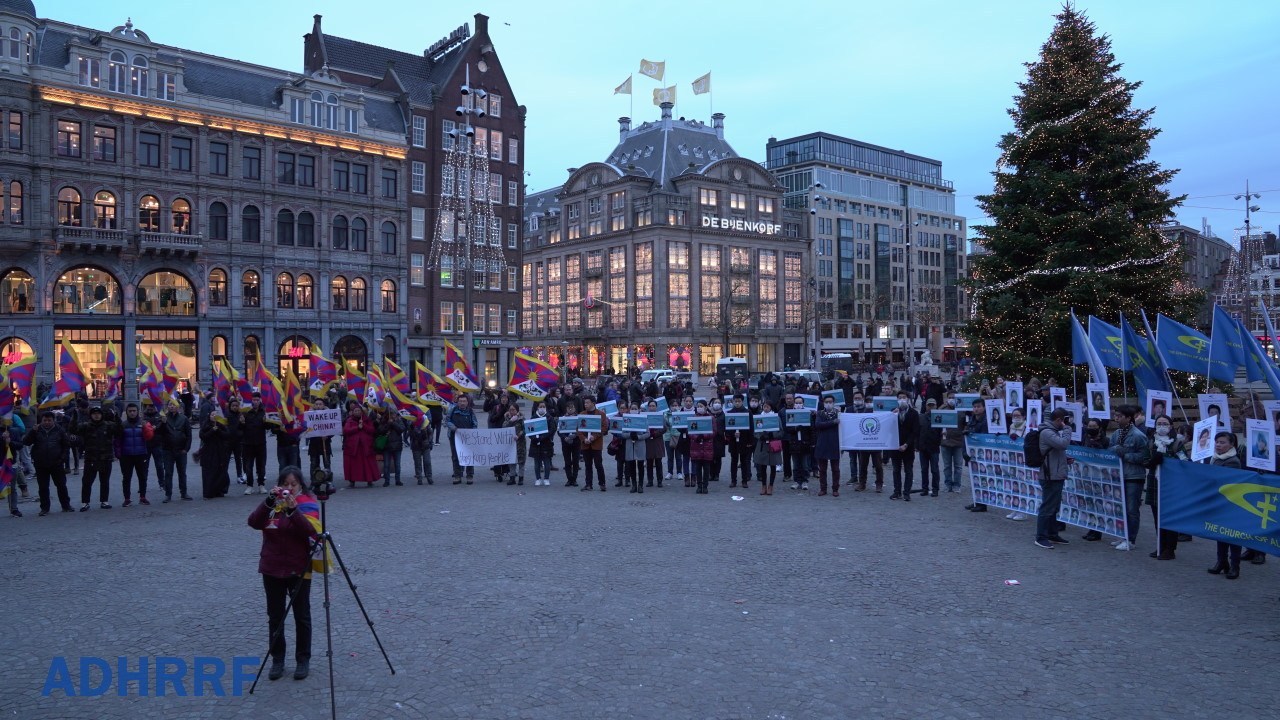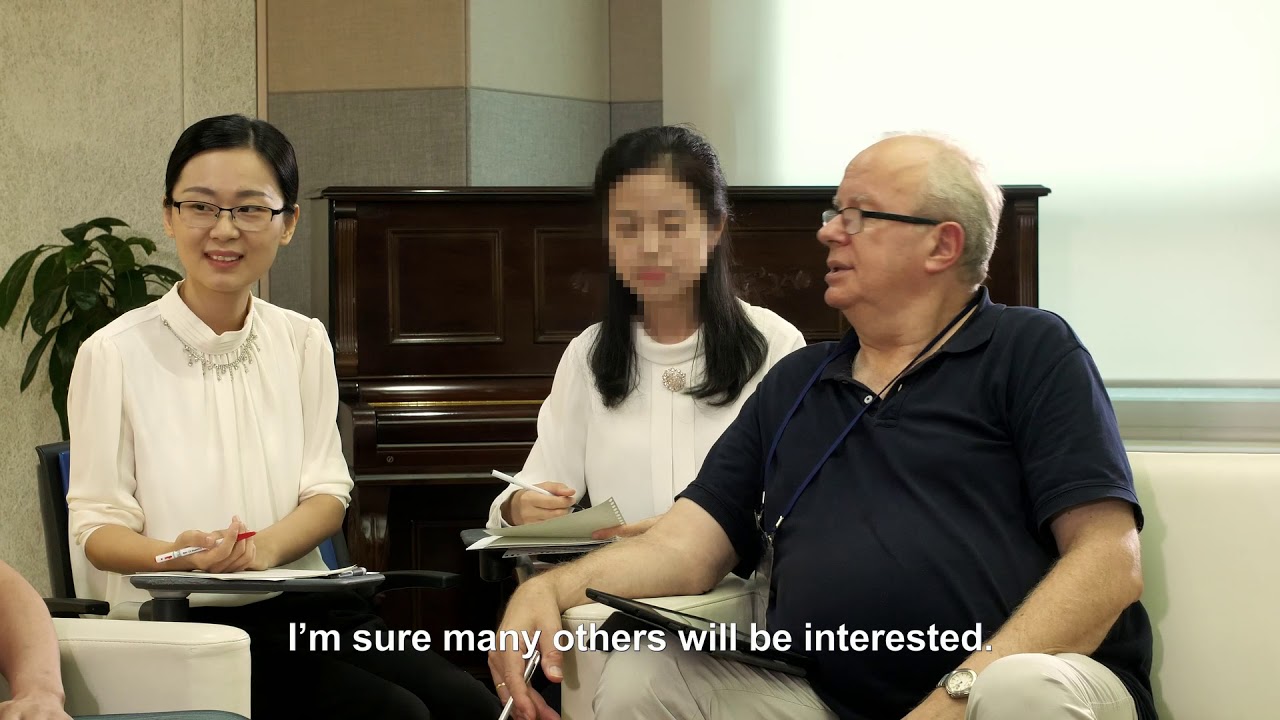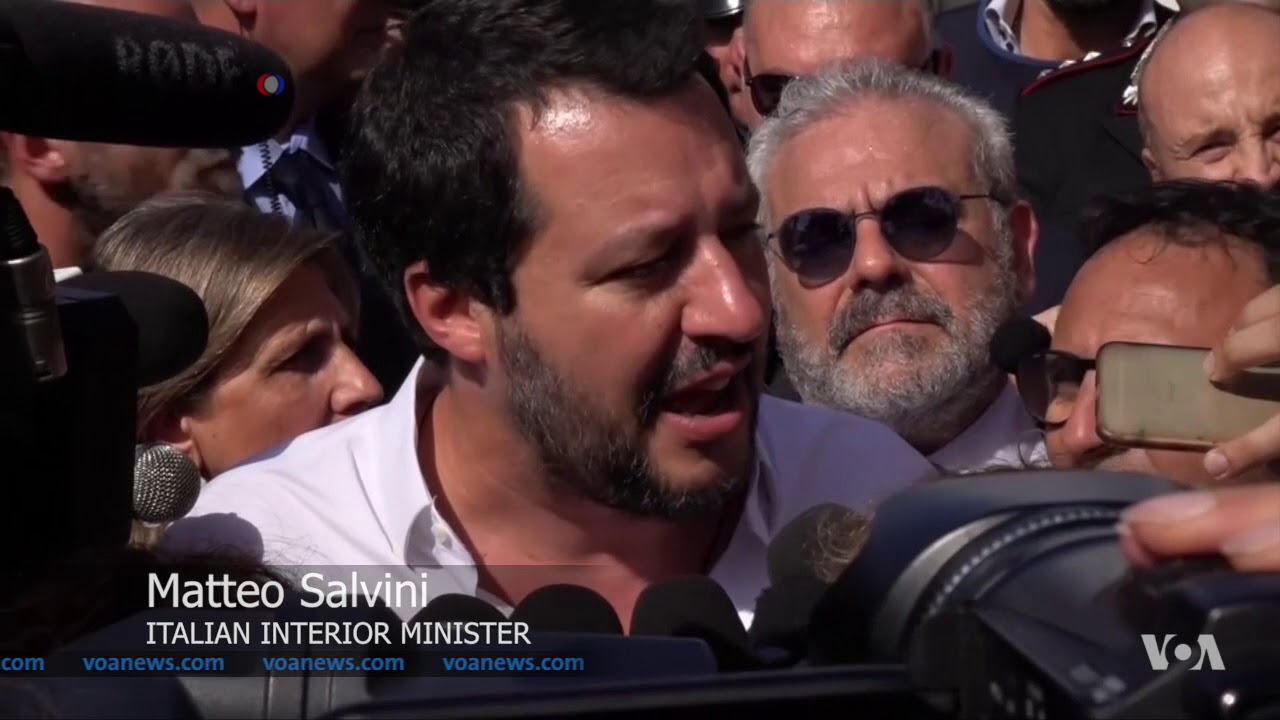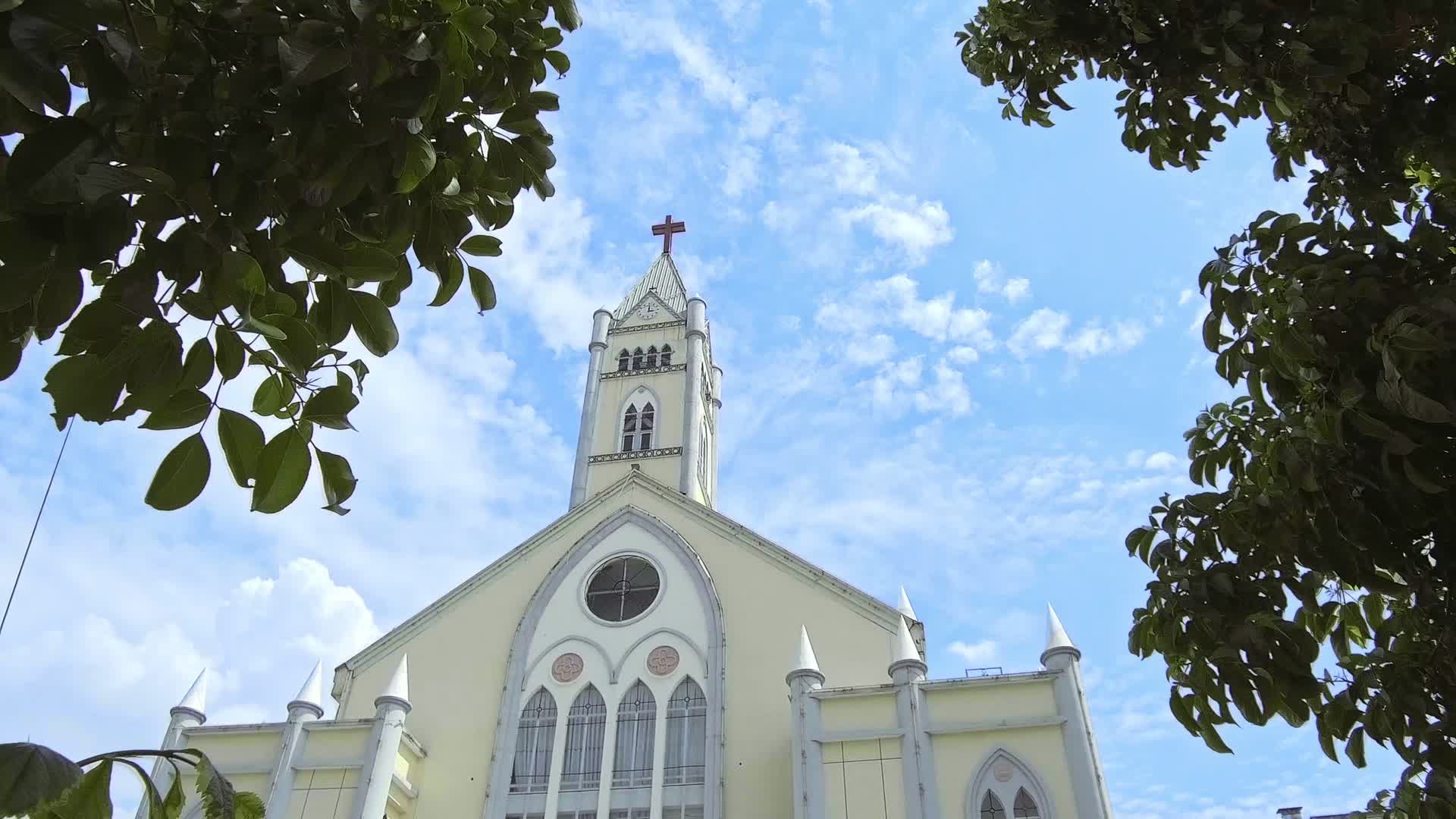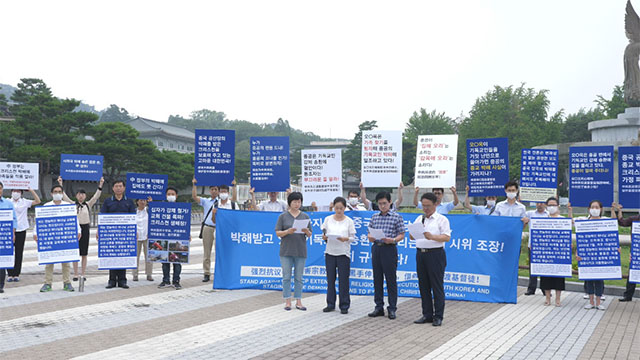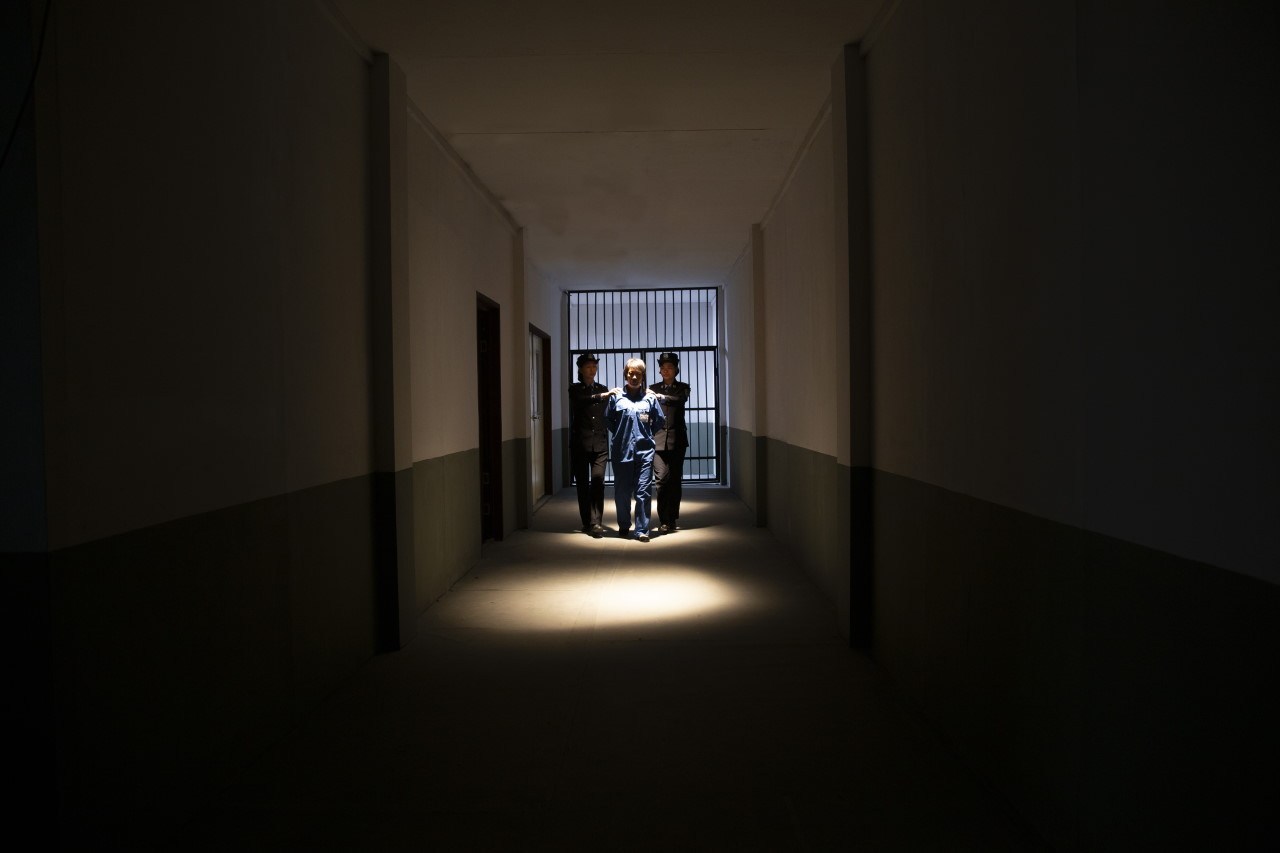President Tsai Ing-wen visited exiled Causeway Bay bookseller Lam Wing-kei in his new bookstore on the democratic island of Taiwan on Friday, sending out a strong message of solidarity with anti-government protesters in Hong Kong.
Lam fled to Taiwan after being detained by mainland China’s state security police alongside four colleagues for selling “banned” political books to customers in China.
Tsai told Lam that the books he was selling at his “Causeway Bay Books” store looked good and she would have to come back to browse further.
She also wrote a note for display in the shop which read: “Free Taiwan supports Hong Kong’s freedom.”
“Today I visited the Causeway Bay Books in Taipei to welcome Lam Wing-kee on behalf of the people of Taiwan & thank the people of Hong Kong for their commitment to freedom & democracy,” said Tsai via her Twitter account.
Tsai was accompanied by former 2015 student protest leader Lin Fei-fan, now deputy leader of her ruling Democratic Progressive Party (DPP).
She said she had noticed more and more people were choosing to live in Taiwan, which recently announced a fast-track residency and support package for Hongkongers fleeing political reprisals linked to the anti-government protests.
“We will set up an ad hoc group to deal with this matter … to coordinate various ministries and departments to make it easier for people to come here, and to stay here,” Tsai said. “They will need care and government assistance when they first arrive.”
“We would like to thank bookstore owner Lam Wing-kei for his pursuit of human rights, freedom, and democracy in Hong Kong, and to offer him a warm welcome on behalf of the people of Taiwan,” she said.
“I also hope that you can work together with us here to develop our freedom and democracy,” she said.
Immigration support needed
Lam said that the immigration package would be sorely needed.
“Not everyone can afford to apply for an investment visa, and there are plenty of people in Hong Kong with no resources who know they are no longer safe,” he said. “Right now we can expect to extend our visas a couple of times, but six months isn’t a long time — maybe that should be extended to nine months or a year at least.”
“There is a huge need among Hongkongers and it’s hard for Western countries to process them all in a short space of time — they take much longer to do it,” he said.
Tsai’s visit came as Taiwanese lawmakers issued a cross-party joint statement criticizing Beijing’s plan to impose a draconian sedition and subversion law on Hong Kong, bypassing the city’s Legislative Council (LegCo).
The statement, signed by Tsai’s ruling Democratic Progressive Party (DPP) and the opposition Kuomintang (KMT), which has previously campaigned on a platform of closer ties with China, said the move to impose the national security law would lead to a rapid deterioriation in Hong Kong’s situation.
“We hereby express our deep regret and strong condemnation concerning mainland China’s attempts to enforce its version of a national security law in Hong Kong by circumventing the territory’s Legislative Council, as Beijing would be reneging on its promise of ‘a high degree of autonomy’ for 50 years in Hong Kong,” the statement said.
The statement also urged Taiwan to provide assistance to the people of Hong Kong, saying they strongly support Hongkongers’ pursuit of freedom, democracy, and human rights.
Reported by Chung Kuang-cheng for RFA’s Cantonese Service, and by Hsia Hsiao-hwa for the Mandarin Service. Translated and edited by Luisetta Mudie.
Source: Copyright © 1998-2016, RFA. Used with the permission of Radio Free Asia, 2025 M St. NW, Suite 300, Washington DC 20036. https://www.rfa.org.

